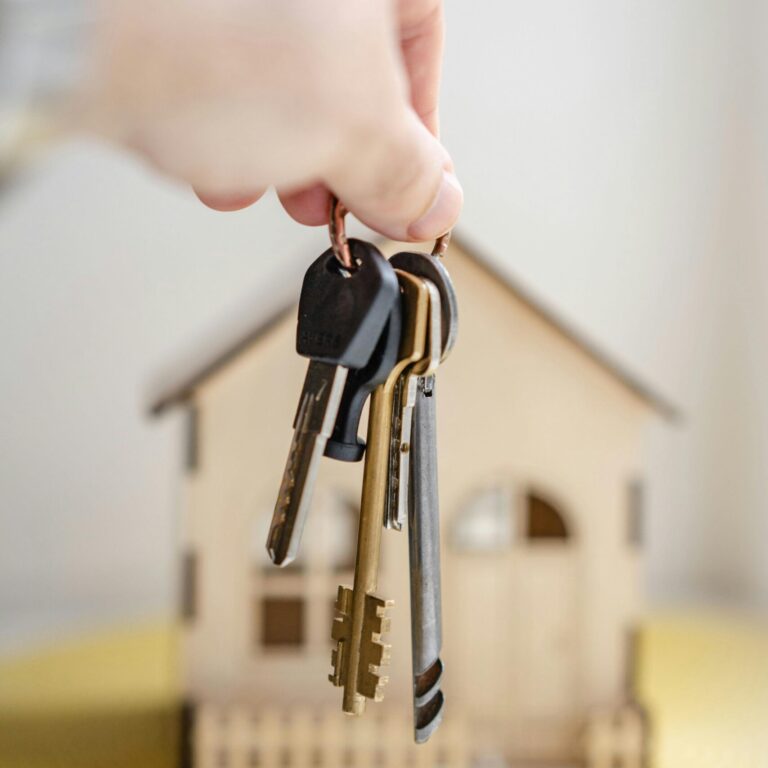Closing day—often referred to as “settlement day”—is the grand finale in your homebuying journey. After weeks or even months of house hunting, paperwork, inspections, and financial planning, this is the moment when everything comes together. It’s the day you officially become a homeowner. But despite how important it is, many buyers walk into their closing appointment unsure of what to expect.
Understanding what happens at closing can remove the mystery and help you feel confident and prepared. So, what really happens during settlement? Let’s break it down in a simple, stress-free way.
The Final Countdown: Leading Up to Closing
Before the actual day arrives, a series of events must fall into place. By this point, you’ve already received mortgage approval, signed a purchase agreement, completed a home inspection, and negotiated any final terms. A title search has been conducted to ensure the property has no legal disputes or unpaid liens, and your lender has likely ordered an appraisal to confirm the home’s value.
Your lender then prepares a Closing Disclosure—a five-page document that outlines the final terms of your loan, including your interest rate, monthly payments, loan fees, and closing costs. By law, you must receive this at least three business days before your scheduled closing. Use this time to carefully compare it against your original Loan Estimate and ensure there are no surprises.
This is also when you finalize your homeowner’s insurance, transfer utilities, and conduct a final walk-through of the property. The walk-through gives you one last chance to ensure the home is in the agreed-upon condition before taking ownership.
Who’s at the Table on Closing Day?
Contrary to popular belief, closing day isn’t just a one-on-one with you and your real estate agent. It often involves a small team of professionals including:
Your real estate agent
The seller and their agent
A closing agent or settlement officer (sometimes an attorney)
A representative from your lender
Possibly a title company agent
In some states, attorneys are legally required to be present. In others, the process may be handled entirely by an escrow officer or title company. While you won’t have to do most of the talking, your signature will be required many times throughout the session.
What You’ll Be Signing
Be ready for a substantial stack of paperwork. While it can feel overwhelming, each document serves a purpose. Some key documents you’ll likely sign include:
The Promissory Note: This is your agreement to repay the mortgage.
The Deed of Trust or Mortgage Agreement: This secures the loan with your property as collateral.
The Closing Disclosure: You’ll confirm you’ve reviewed and accepted all the costs involved.
The Settlement Statement: Also known as the ALTA statement, it outlines all the debits and credits in the transaction.
The Deed: This transfers legal ownership of the home from the seller to you.
If anything seems unclear, don’t hesitate to ask questions. Your agent or closing officer should be able to explain each document before you sign.
The Money Moves
Part of the closing process involves the actual exchange of money. As the buyer, you’ll be responsible for your closing costs, which typically range from 2% to 5% of the home’s purchase price. These costs may include lender fees, title insurance, property taxes, appraisal charges, and homeowner’s insurance.
Before closing day, you’ll receive instructions on how to transfer these funds. In most cases, you’ll wire the money to the escrow or title company, or you may be allowed to bring a certified cashier’s check. Personal checks are generally not accepted.
Your lender will also fund the loan at this time, wiring the mortgage amount to the appropriate parties involved in the transaction.
When Do You Get the Keys?
After all the documents are signed and the funds are disbursed, the closing agent will record the deed with the local government, making the transfer of ownership official. Once that’s complete, you receive the keys to your new home.
Sometimes, the transfer happens the same day, and other times there’s a brief delay, especially if closing occurs late in the day or on a Friday. Your agent will let you know the exact timing, but in most cases, you’ll walk away from closing with keys in hand and full ownership of your new property.
What Can Go Wrong?
While most closings go smoothly, it’s wise to be aware of a few common hiccups. Issues can arise from last-minute credit changes, missing documentation, wire fraud attempts, or unexpected findings during the final walk-through. To minimize the risk of delays:
Avoid taking on new debt or changing jobs before closing.
Double-check all financial transactions and wire details.
Communicate openly with your lender and agent throughout the process.
Being organized and proactive helps prevent surprises and keeps the closing on track.
After the Closing: What’s Next?
Once the home is officially yours, you can begin the move-in process. But there are still a few tasks you’ll want to check off your list:
Store your signed closing documents in a safe place.
Set up utilities, internet, and trash collection if you haven’t already.
Update your address with the postal service, bank, insurance providers, and other institutions.
Re-key the locks or change security codes for added peace of mind.
And finally, give yourself a moment to celebrate. You’ve navigated the complexities of the homebuying process, made a smart investment, and crossed the threshold into homeownership.
Final Thoughts
Closing day can feel like a whirlwind, but knowing what to expect makes all the difference. From reviewing your loan terms to signing final documents and receiving the keys, settlement marks the moment your dream becomes reality.
The process is detailed and document-heavy, but it’s also structured to protect you, the buyer. With the right preparation and support, closing doesn’t have to be stressful—it can be an empowering and exciting experience. So take a deep breath, sign with confidence, and get ready to open the door to your new home.



